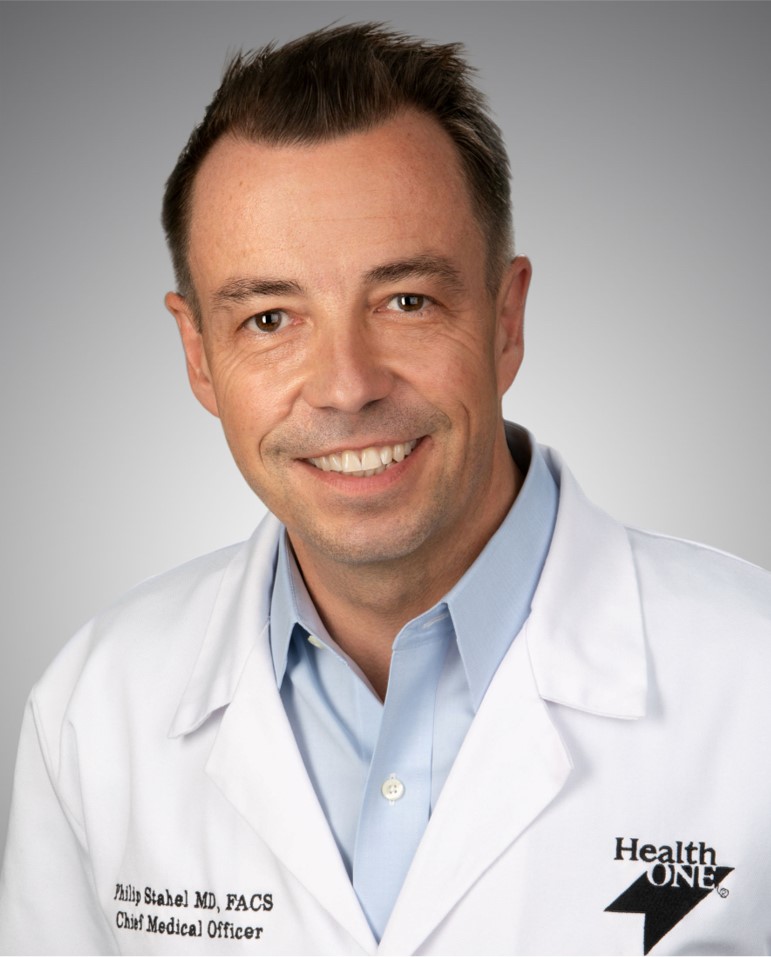Pump the brakes on your week and take 10 minutes to make your life as a surgeon just a little better…
We are welcoming orthopaedic trauma surgeon, Phil Stahel, onto the mini-podcast for the second time in a row, where he’ll challenge us to work on minimizing risk in order to become better surgeons.
How does he recommend taking a pragmatic approach to risk? By answering these 4 questions:
- Question 1 – What is the best thing that can happen if I take the risk?
- Question 2 – What is the worst thing that can happen if I take the risk?
- Question 3 – What is the best thing that can happen if I don’t take the risk?
- Question 4 – What is the worst thing that can happen if I don’t take the risk?
And I recommend that we turn this into a habit with … PRACTICE! PRACTICE! PRACTICE!
Guest: Phil Stahel, MD

Phil Stahel is the Chief Medical Officer for the Mission Health system in North Carolina and Professor of Surgery at East Carolina University, Brody School of Medicine. He is a board-certified academic trauma surgeon who trained at the University of Zurich, Switzerland, and at Charité University Medical Center in Berlin, Germany. Phil is the founder and Editor-in-Chief of the open-access, peer-reviewed journal Patient Safety in Surgery (www.pssjournal.com) and the editor of several textbooks in the field of surgical patient safety, including Patient Safety in Surgery (2014), Blood, Sweat and Tears – Becoming a Better Surgeon (2016), Surgical Patient Safety: A Case-based Approach (2018), and Textbook of Polytrauma Management (2022).
